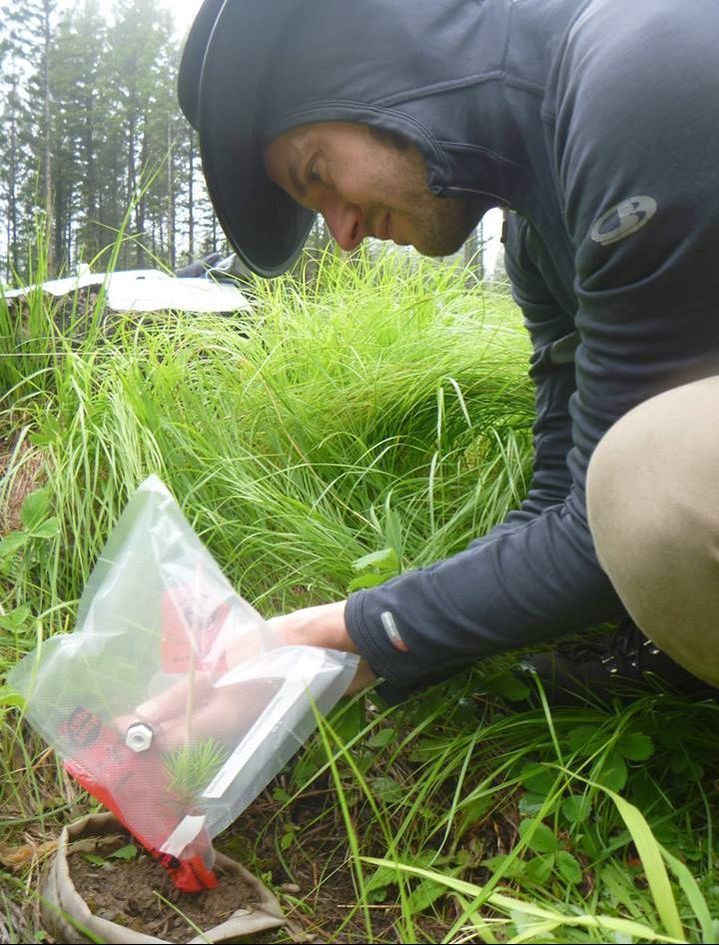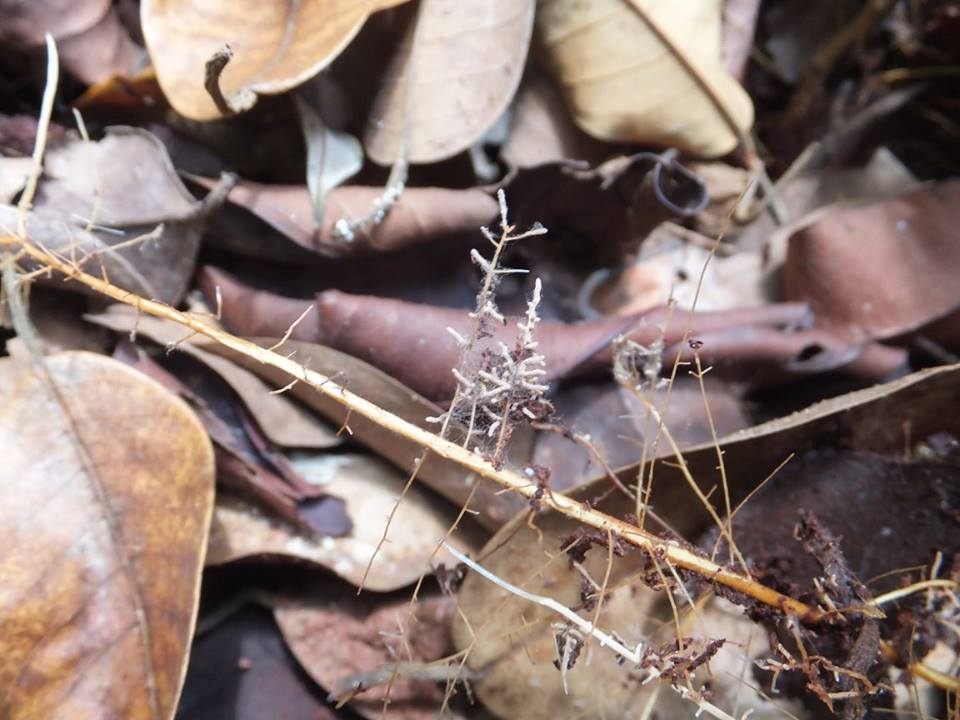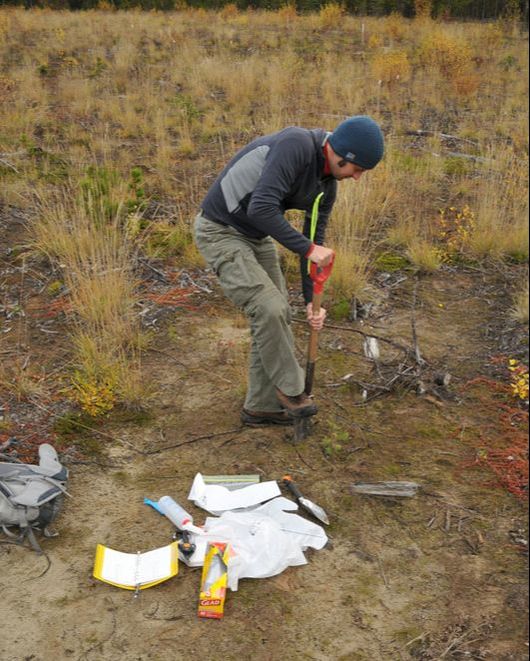Symbioses
I have interests in many different aspects of ecology, but symbioses are a running theme. Whether it's the diversity of symbiotic organisms associated with a host, the consequences of symbioses for carbon and nutrient cycling, or the potential disruption of native symbioses by introduced species there are a wealth of different questions to explore.
|
|
|



